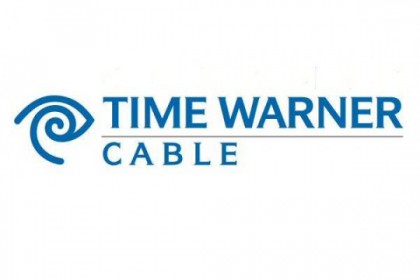Top Class Actions’s website and social media posts use affiliate links. If you make a purchase using such links, we may receive a commission, but it will not result in any additional charges to you. Please review our Affiliate Link Disclosure for more information.

Plaintiff Susan Peabody argues in her unpaid overtime class action lawsuit that the cable company cannot allocate commission payments over multiple pay periods when totaling minimum wage because it violates California labor laws.
The 9th U.S. Circuit Court of Appeals asked the state’s high court to decide the wage and hour lawsuit and Peabody’s challenge to the California federal court’s previous dismissal of her unpaid overtime class action lawsuit.
Peabody alleges that in over half of her pay periods, she did not receive the needed $12 per hour minimum wage rate to be exempted from overtime, which is the rule under state law.
During oral arguments in Los Angeles, the plaintiff’s attorneys argued that because the state’s labor laws require employers to be paid every pay period, Time Warner’s practice of paying by commission on a once a month schedule did not meet the state’s requirements. By this method, the company had tried to pay a combined total for all pay periods during that month using minimum wage standard, which is illegal, she claims in her wage and hour lawsuit.
Overview of the Minimum Wage Violation Allegations
According to the wage and hour lawsuit, Time Warner had tried to pay their employees once a month for a total of all their time worked. Aside from the possible tampering of wage calculations, this practice is potentially illegal because it states that the commissions had been earned, but had not been paid out. However, Associate Justice Goodwin Liu said that it is this very argument that allows the court to be more flexible in their decision.
“You’re saying we have to indulge in a bit of fiction that the money was only earned in the weeks in which it was paid. You’re seeking this interpretive freedom. … Why shouldn’t we give it to the other side?” said Judge Liu.
Peabody is a former Time Warner account executive who earned commissions on sales of advertising, and had initially filed a wage and hour lawsuit against the cable company in a California state court in July 2009. She accused the cable company of violating state overtime wage regulations by using sales agents’ later commissions to meet minimum wage requirements. Time Warner successfully moved the case to a federal court, where U.S. District Judge Andrew J. Guilford ruled in favor of the cable company in November 2010.
In August 2012, the appellate court sent the wage and hour lawsuit to the California Supreme Court to appeal this decision, saying California law lacked clear precedent over the question of the case. Peabody argued in her unpaid overtime lawsuit that because she collected commissions in only some pay periods, she did not earn one-and-half times the minimum wage as required by federal law for her overtime work. As a result, she accused the company of misclassifying her as exempt from overtime for weeks during which she did not earn commissions, according to her unpaid overtime class action lawsuit.
Time Warner argued against the accusations, stating that Peabody earned nearly $75,000 during her 10 months with the company, which more than compensated her for any overtime she had potentially earned. The company insists that it properly calculated Peabody’s earnings based on the broadcast month, which ended every four or five weeks. This way, her commissions counted toward the pay period during which they were earned, rather than the actual pay period in which the commissions were actually paid.
In court, Liu asked why Time Warner could not simply guarantee sales employees the $12 minimum wage and then gather funds from future commissions to fulfill the minimum wage requirements, especially when it was possible to maintain current compensation levels with this method.
Time Warner’s legal team answered by stating that Peabody had plenty of stability in her payment, and that monthly commission payments had been approved for years by the state’s Division of Labor Standards Enforcement.
The Unpaid Overtime Class Action Lawsuit is Susan Peabody v. Time Warner Cable Inc., Case No. S204804, in the Supreme Court of the State of California.
Join a Free Unpaid Overtime Class Action Lawsuit Investigation
If you were forced to work off the clock or without overtime pay in California within the past 2 to 3 years, you have rights – and you don’t have to take on the company alone. Learn more and obtain a free evaluation of your case to see if you’re eligible for back pay and other compensation at the Unpaid Overtime Lawsuit: Wage & Hour, Overtime Pay Class Action Lawsuit Investigation.
ATTORNEY ADVERTISING
Top Class Actions is a Proud Member of the American Bar Association
LEGAL INFORMATION IS NOT LEGAL ADVICE
Top Class Actions Legal Statement
©2008 – 2024 Top Class Actions® LLC
Various Trademarks held by their respective owners
This website is not intended for viewing or usage by European Union citizens.














